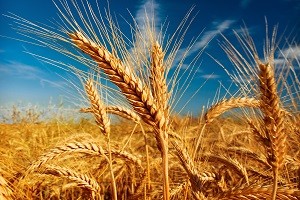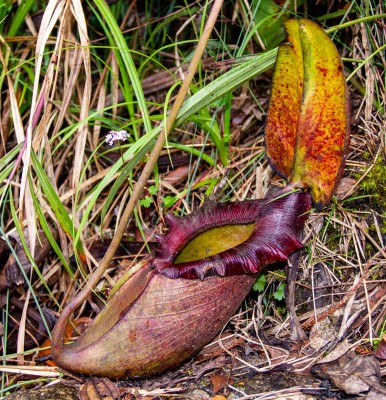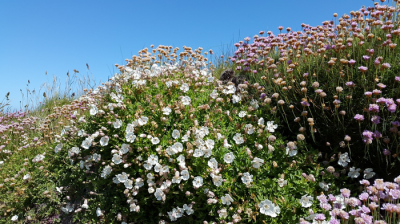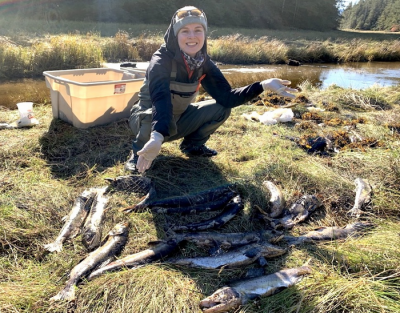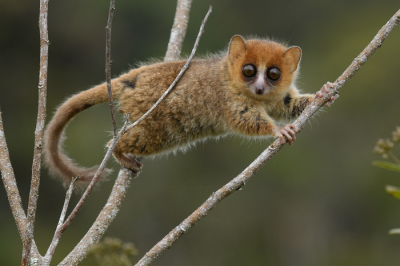Penczykowski wins NSF CAREER award
Washington University in St. LouisRachel Penczykowski, an assistant professor of biology in Arts & Sciences at Washington University in St. Louis, won a Faculty Early Career Development Program award from the National Science Foundation for her project "Climate and Connectivity as Drivers of Pathogen Dynamics Within and Between Urban Plant Populations."







